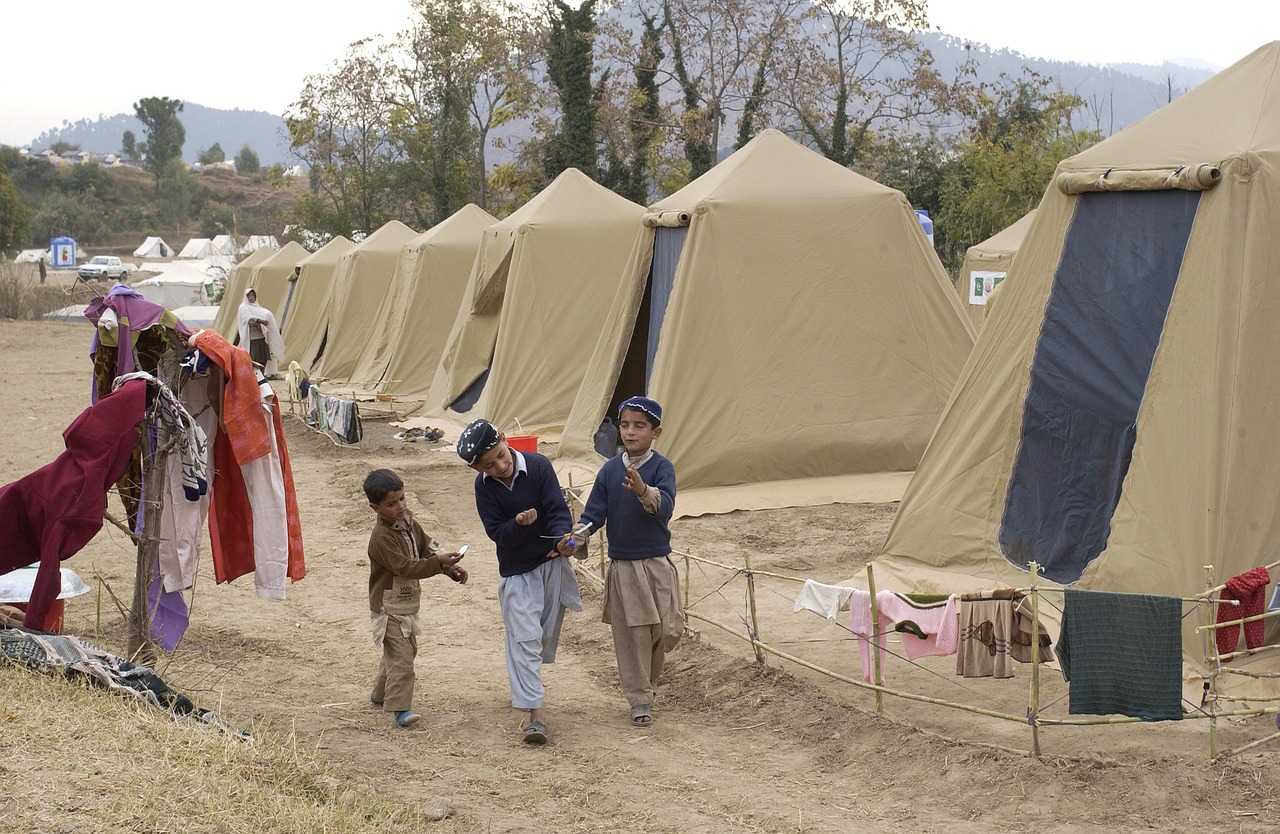Pakistan Video
Introduction
Managing finances and payments effectively is crucial for individuals working in Pakistan. With a diverse economy and a large population, understanding the financial landscape and payment systems is essential to ensure financial stability and convenience. This article will provide a comprehensive guide on managing finances and payments while working in Pakistan, covering various aspects such as banking, taxation, digital payments, and more.
Banking in Pakistan
Having a bank account is fundamental for managing finances in Pakistan. The country has a well-established banking sector, offering a range of services including current accounts, savings accounts, and fixed deposits. It is advisable to choose a reputable bank with a wide network of branches and ATMs for ease of access.
- Current Accounts: Current accounts are designed for day-to-day transactions. They usually offer features such as checkbooks, debit cards, and online banking facilities. Some banks may require a minimum balance to maintain the account.
- Savings Accounts: Savings accounts are ideal for individuals looking to save money while earning interest. These accounts often have lower minimum balance requirements and may offer additional benefits such as free online transactions.
- Fixed Deposits: Fixed deposits provide higher interest rates compared to regular savings accounts. They require a fixed amount of money to be deposited for a specified period, ranging from a few months to several years.
Taxation in Pakistan
Understanding the tax system in Pakistan is essential for individuals working in the country. Below are key points to consider:
- Income Tax: Individuals earning above a certain threshold are required to pay income tax. The tax rates vary based on income brackets, and it is important to file income tax returns annually.
- Withholding Tax: Certain transactions, such as property purchases or dividend income, may attract withholding tax. The tax is deducted at the source before the payment is made.
- Sales Tax: Sales tax is applicable to the sale of goods and services. Different rates may apply depending on the nature of the transaction.
- Import Duties: Import duties are levied on imported goods. The rates vary based on the type of goods being imported.
Digital Payments in Pakistan
With the increasing digitization of financial services, digital payments have gained popularity in Pakistan. Here are some key digital payment methods:
- Mobile Wallets: Mobile wallets allow users to store money digitally and make payments through their smartphones. Popular mobile wallet providers in Pakistan include JazzCash, Easypaisa, and SimSim.
- Online Banking: Most banks in Pakistan offer online banking services, allowing individuals to transfer funds, pay bills, and manage their accounts conveniently through internet banking platforms.
- Payment Gateways: Payment gateways enable secure online transactions on e-commerce platforms. Some popular payment gateways in Pakistan include JazzCash, Easypaisa, and Bank Alfalah’s PayPak.
- QR Code Payments: QR code payments have gained popularity, allowing users to scan QR codes at merchants’ outlets and make payments directly from their mobile wallets.
Managing Expenses
Effectively managing expenses is crucial for maintaining financial stability while working in Pakistan. Here are some tips:
- Budgeting: Create a monthly budget to track income and expenses. Allocate funds for essential expenses, savings, and discretionary spending.
- Expense Tracking: Use mobile apps or online tools to track your expenses. This will help identify areas where you can cut back and save more.
- Avoid Impulse Buying: Think twice before making non-essential purchases. Impulse buying can quickly drain your finances.
- Compare Prices: Before making a purchase, compare prices from different sellers or platforms to ensure you get the best value for your money.
Investment Opportunities
Pakistan offers various investment opportunities for individuals looking to grow their wealth. Some options include:
- Stock Market: Invest in shares of publicly listed companies through the Pakistan Stock Exchange (PSX). Consult with a financial advisor or broker before investing.
- Real Estate: Consider investing in the real estate market, which has shown steady growth over the years. Conduct thorough research and seek guidance from experts.
- Mutual Funds: Mutual funds pool money from multiple investors to invest in a diversified portfolio of stocks, bonds, or other securities. They offer a convenient way to invest in various asset classes.
- Government Bonds: Government bonds are low-risk investments that offer fixed returns over a specified period. They can be purchased through banks or brokerage firms.
Insurance Coverage
Having adequate insurance coverage is essential for financial security. Consider the following types of insurance:
- Health Insurance: Medical expenses can be significant, and health insurance provides coverage for hospitalization, treatments, and other healthcare costs.
- Life Insurance: Life insurance provides financial protection for your family in the event of your demise. It offers a lump sum payment to the beneficiaries.
- Vehicle Insurance: If you own a vehicle, having comprehensive insurance coverage is important to protect against accidents, theft, and damage.
- Property Insurance: Insure your property, including home or business premises, against risks such as fire, theft, or natural disasters.
Retirement Planning
Planning for retirement is crucial to ensure financial security in the later years. Consider the following:
- Employee Provident Fund (EPF): If you are employed, contribute to the EPF, which is deducted from your salary and provides a retirement benefit.
- Voluntary Pension Scheme: Consider contributing to a voluntary pension scheme to supplement your retirement savings.
- Investment Options: Explore long-term investment options such as mutual funds or retirement-specific investment plans to grow your retirement savings.
Image 1: Pakistan

Conclusion
Managing finances and payments while working in Pakistan requires a good understanding of the banking system, taxation, digital payment methods, and effective expense management. By following the tips and exploring investment and insurance options, individuals can ensure financial stability and plan for a secure future. It is recommended to consult with financial advisors or experts for personalized advice based on individual circumstances.
Image 2: Pakistan

References
- State Bank of Pakistan: www.sbp.org.pk
- Federal Board of Revenue: www.fbr.gov.pk
- JazzCash: www.jazzcash.com.pk
- Easypaisa: www.easypaisa.com.pk
- SimSim: www.simsim.pk
- Bank Alfalah: www.bankalfalah.com
- Pakistan Stock Exchange: www.psx.com.pk
Image 3: Pakistan



